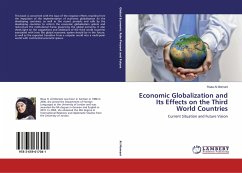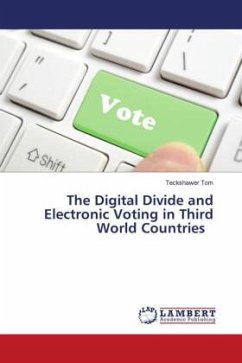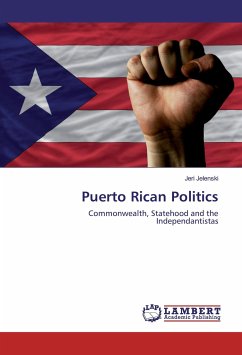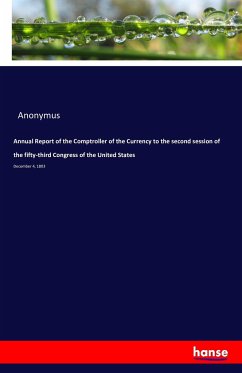
Inventing Technological Independence for the Third World
Constructing social forces for catch-up regimes
Versandkostenfrei!
Versandfertig in 6-10 Tagen
47,99 €
inkl. MwSt.

PAYBACK Punkte
24 °P sammeln!
Technological independence can be organized and achieved in the Third World outside governmental regimes by social forces. Relevant social forces can organize, demand, and finance technological independence epistemes as alternative governmental forces in the fashion of labour unions, invoking noneconomic sentiments in the process. In the Third World, social forces become the de facto alternative governments which can pursue the technological independence doctrine single-mindedly and succeed. This is because distraction is an inherent nature of political forces, especially as it is not written ...
Technological independence can be organized and achieved in the Third World outside governmental regimes by social forces. Relevant social forces can organize, demand, and finance technological independence epistemes as alternative governmental forces in the fashion of labour unions, invoking noneconomic sentiments in the process. In the Third World, social forces become the de facto alternative governments which can pursue the technological independence doctrine single-mindedly and succeed. This is because distraction is an inherent nature of political forces, especially as it is not written in any book of politics that technological independence is the central business of governmental regimes to which backward states citizens may benchmark the performance of their successive governmental political administrations.Social forces are the people directly; the cultural, social and psychological anecdotes which when galvanized and set off are able to capture technological independence of their sociopolitical enclaves and therein shape and direct the political forces. Indeed the political forces are under the control of social forces.












